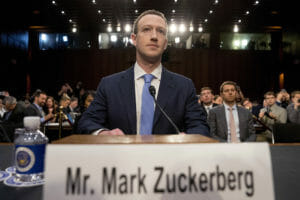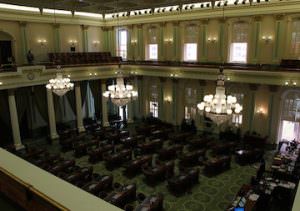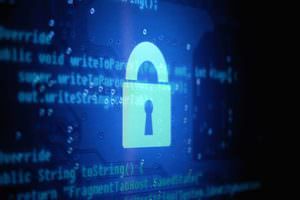‘Surveillance State’ Legislation Would Bar Some NSA Decryption
Disclosures about the NSA's secret campaign to undermine online privacy protections have prompted Rep. Rush D. Holt Jr., D-N.J., to propose legislation that would prohibit the agency from installing "backdoors" into encryption intended to protect email, online transactions and other communications.
Disclosures about the NSA’s secret campaign to undermine online privacy protections have prompted Rep. Rush D. Holt Jr. (D-N.J.) to propose legislation that would prohibit the agency from installing “backdoors” into encryption intended to protect email, online transactions and other communications.
Holt, who is also a physicist, said Friday he believed the NSA had overreached its bounds and that the interests of Americans were endangered, including those of companies whose products the agency may have altered or influenced.
“We pay them to spy,” Holt said. “But if in the process they degrade the security of the encryption we all use, it’s a net national disservice.”
Holt’s Surveillance State Repeal Act “would eliminate much of the escalation in the government’s spying powers undertaken after the 2001 terrorist attacks,” The New York Times reported. Reports of classified agency documents published Thursday revealed the nation’s official spies have made major progress in breaking the encryption commonly used for everyday transactions on the Web.
— Posted by Alexander Reed Kelly.
Your support matters…The New York Times:
The agency has encouraged or coerced companies to install back doors in encryption software and hardware, worked to weaken international standards for encryption and employed custom-built supercomputers to break codes or find mathematical vulnerabilities to exploit, according to the documents, disclosed by Edward J. Snowden, the former N.S.A. contractor.
… Intelligence officials say that many of their most important targets, including terrorist groups, use the same Webmail and other Internet services that many Americans use, so it is crucial to be able to penetrate the encryption that protects them. In an intense competition with other sophisticated cyberespionage services, including those of China and Russia, the N.S.A. cannot rule large parts of the Internet off limits, the officials argue.
Independent journalism is under threat and overshadowed by heavily funded mainstream media.
You can help level the playing field. Become a member.
Your tax-deductible contribution keeps us digging beneath the headlines to give you thought-provoking, investigative reporting and analysis that unearths what's really happening- without compromise.
Give today to support our courageous, independent journalists.






You need to be a supporter to comment.
There are currently no responses to this article.
Be the first to respond.